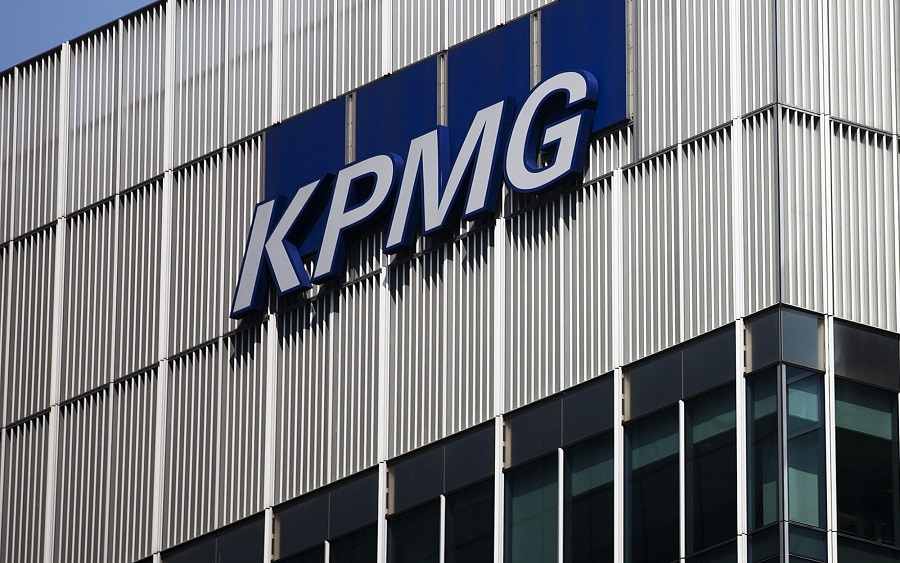The Federal Government (FG) needs to do more to ameliorate the impact of the COVID-19 pandemic on Nigerians and businesses, according to analysts at KPMG Nigeria. Though the professional services firm commended FG and its agencies for the tax and economic measures introduced so far, it believes there is room for improvement.
While lauding the Federal Inland Revenue Service (FIRS) for assisting taxpayers to comply with the law during this period, analysts at KPMG explained that the adequacy of the tax measures needs to be reviewed in light of the reality of the impact of COVID-19 on production, supply chains, sales, profitability and cash flow for businesses. This was stated in a research report seen by Nairametrics.
The report focused on several measures initiated by the government, especially on tax and other economic measures. The report suggests that the measures were not drawn based on the reality of the extent the coronavirus had eaten deep into the finances of businesses and Nigerians.
“The extension of Company Income Tax (CIT) filing deadline by one month may be inadequate given the challenges associated with lockdowns and impact of this on productivity, notwithstanding remote working measures which a limited number of businesses have initiated for business continuity,” it stated.
[READ MORE: COVID-19: Nigerians in diaspora have not asked to be evacuated – FG)
According to the report, the FIRS is expected to be explicit on the extension of the payment deadline, and waiver of penalty and interest on late filing of tax returns and payment of the taxes due, especially as businesses experience illiquidity at this time. It tasked the FIRS to take a cue from actions taken by its counterparts in other countries to curb the impact of the pandemic on taxpayers.
Lessons from abroad
Instead of the one-month extension, analysts expected the revenue collector to grant as long as three months or more. For instance, Bulgaria granted companies a 3-month extension of the timeline to file their tax returns in addition to extending the timeline for payment of taxes.
Similarly, France, Netherlands, Austria and Belgium have announced plans to grant a waiver of interest and penalty for late payment of income taxes during the pandemic, just as Germany has announced measures to allow businesses to defer tax payments if such payment will affect the survival of the businesses.
“Despite Austria’s technological advancement and capability for offsite tax audits, it has further suspended new tax audit exercises for the time being. While we recognize that the Government needs all the non-oil revenues it can collect in the face of the erosion of its oil revenues due to the collapse of global crude oil prices, the situation of many taxpayers who were struggling before the outspread of the pandemic has become aggravated, as they are in dire straits which forbearance by the authorities will help to mitigate.
READ ALSO: Reps set to probe CBN, FIRS, others over alleged fraudulent forex dealings
“The State tax authorities need to follow the example of the FIRS to announce their palliative measures on employers’ monthly pay-as-you-earn tax and withholding tax compliance obligations, especially in the midst of business closures, layoffs and delays by, or inability of, employers to meet up with the monthly obligations to their employees.”
HOR’ Emergency Economic Stimulus Bill
While lauding the House of Representatives’ (HOR) Emergency Economic Stimulus Bill initiative, the analysts picked holes in the concept.
According to them, the bill needs to be refined in some respects to clarify whether the Government intends to give cash refunds to eligible companies or whether the relief will be taken as a deduction against the income tax payable under the Companies Income Tax Act.
On the two options above, KPMG experts prefer the later, as they projected that it would be easier and cheaper to administer than a cash refund.
[READ ALSO: CBN temporarily suspends cheque clearing during Coronavirus lockdown)
They made their choice as they argued that it might be unrealistic in view of the acknowledged cash flow challenges that would dog the implementation of the 2020 National Budget arising from the drastic fall in oil revenues.
The KPMG report stated, “It is unclear why the Bill makes the oil-producing companies ineligible for the palliative, notwithstanding that their business will be significantly challenged financially with crude oil selling below the production cost, and the security of employment of their staff is equally threatened as their counterparts in other industries.
“The limitation of the forbearance on mortgage repayment in the Bill to only contributors to the National Housing Fund is concerning, as non-NHF contributors, who have borrowed from banks are in no less dire position than their NHF counterparts. The foregoing commentaries should be considered by the Senate in refining the Bill to make it more responsive to the needs of businesses and individuals.”
In all, the KPMG analysts expect President Muhammadu Buhari-led administration to continue to monitor COVID-19 developments and introduce additional measures to give lifelines to Nigerian businesses and citizens in these hard times.
“There is a need for effective coordination by the concerned agencies of the Government to ensure a holistic response to COVID-19, which should take into consideration all stakeholders’ interests,” the report added.
